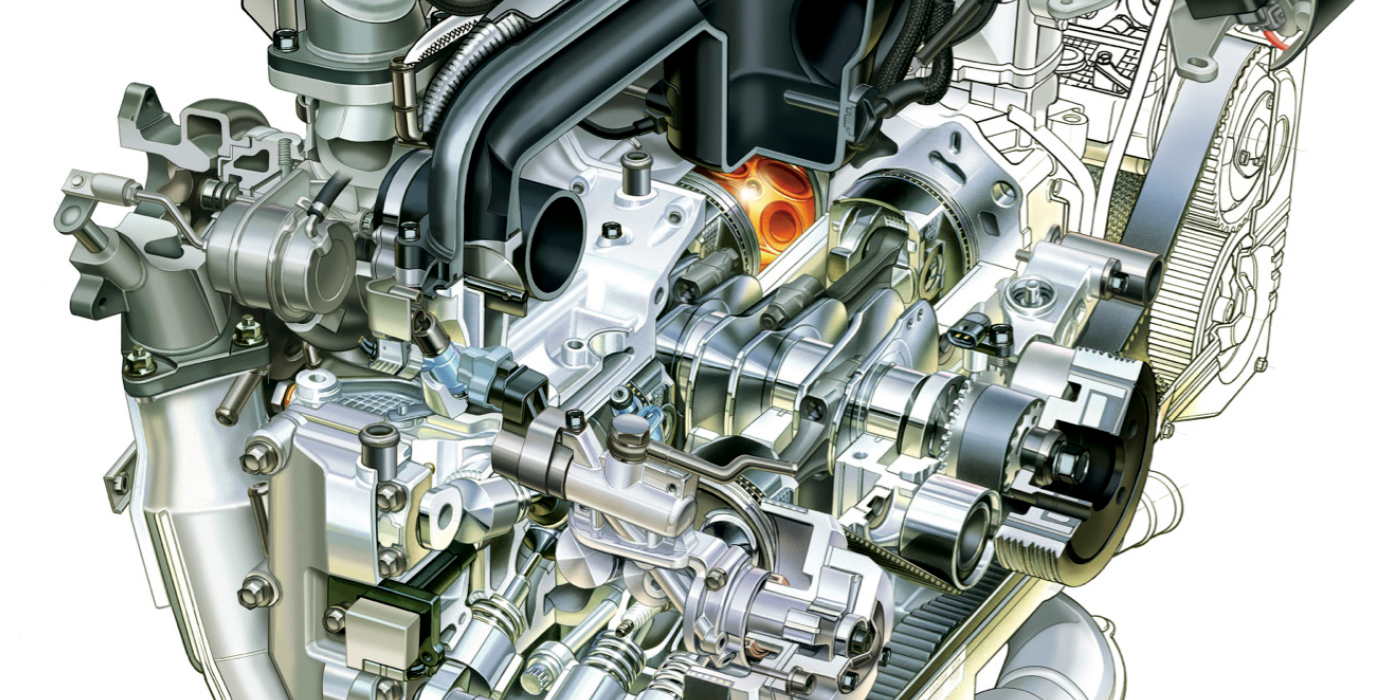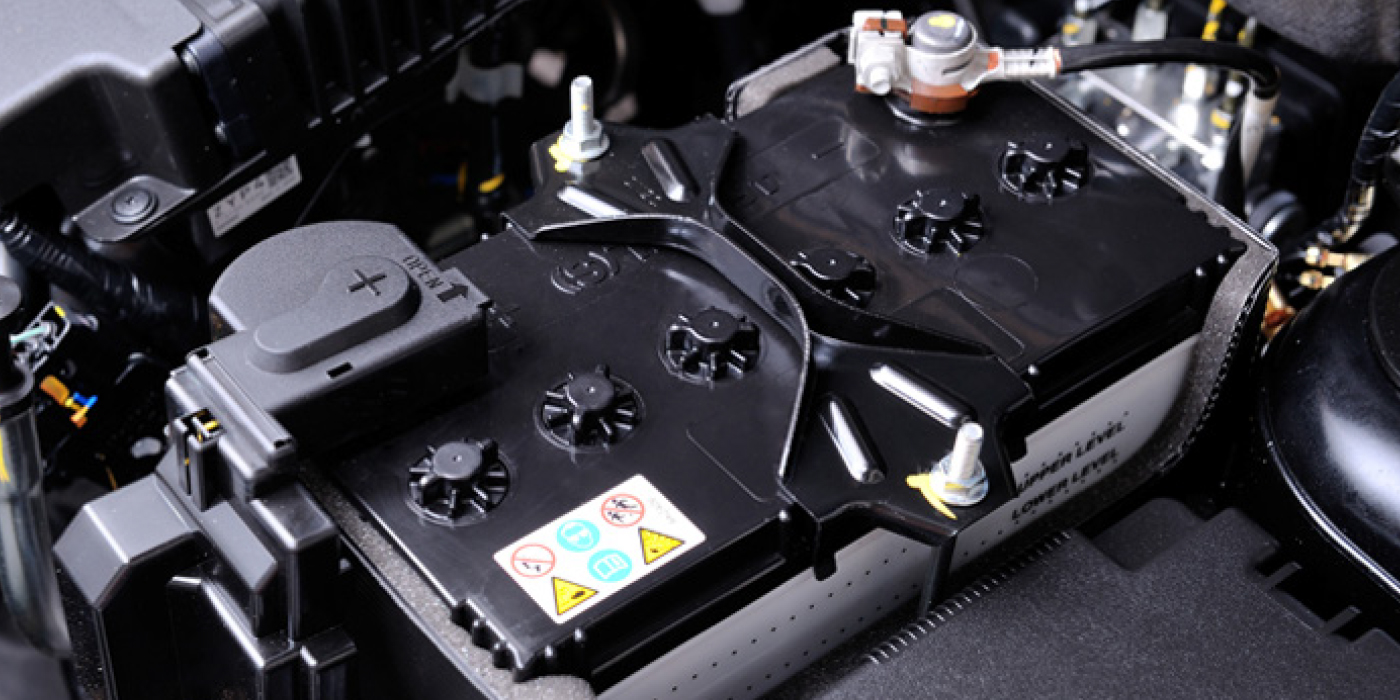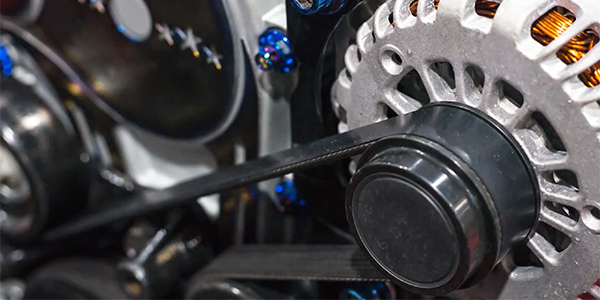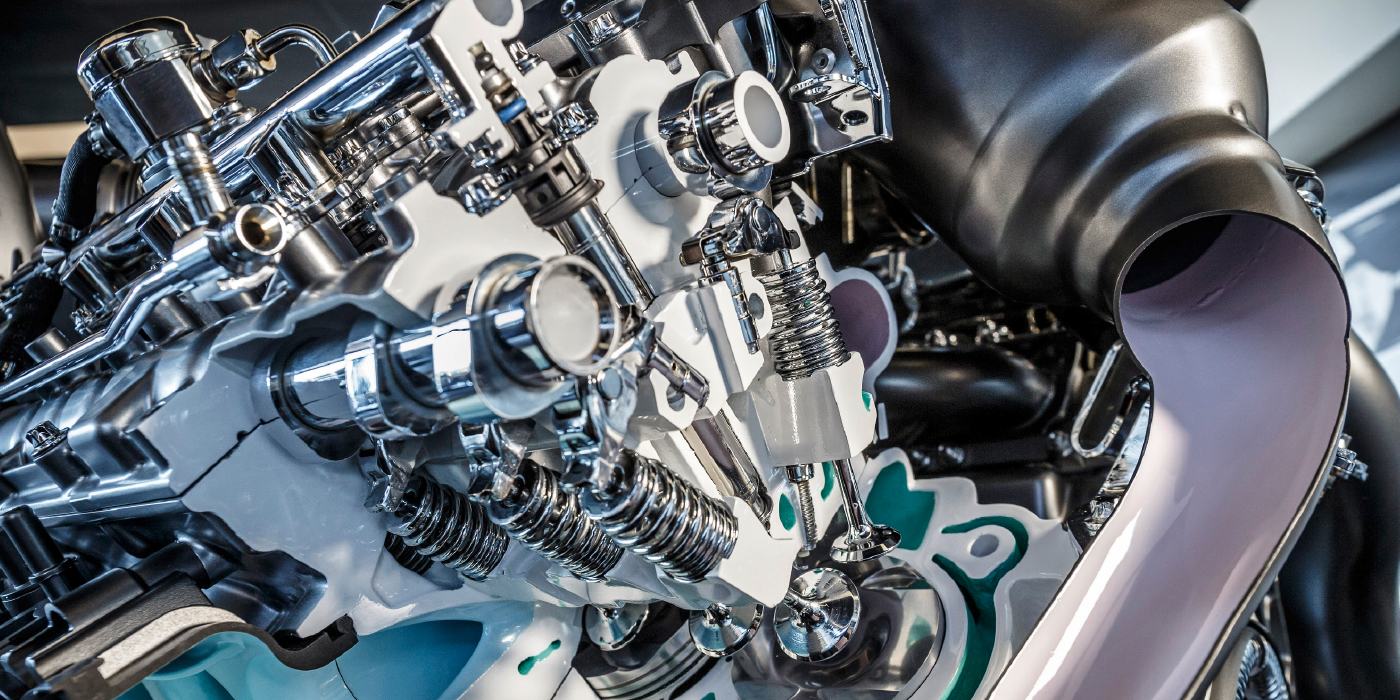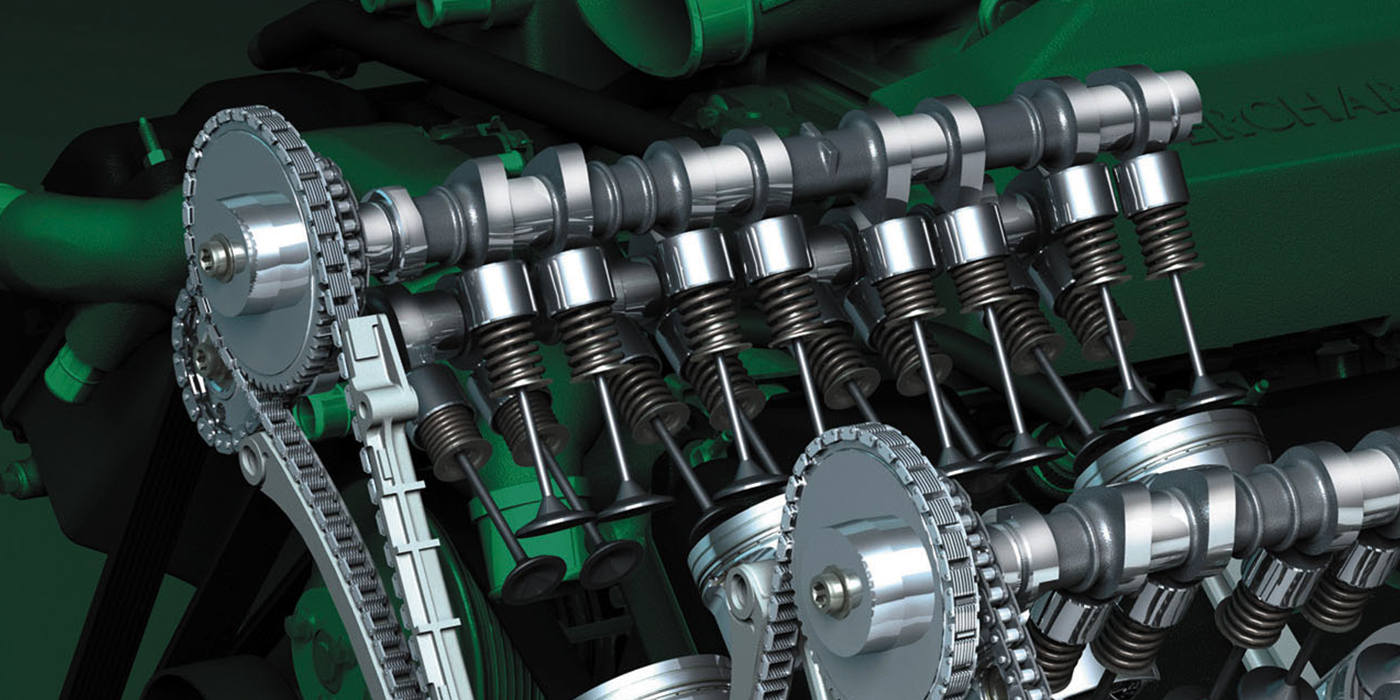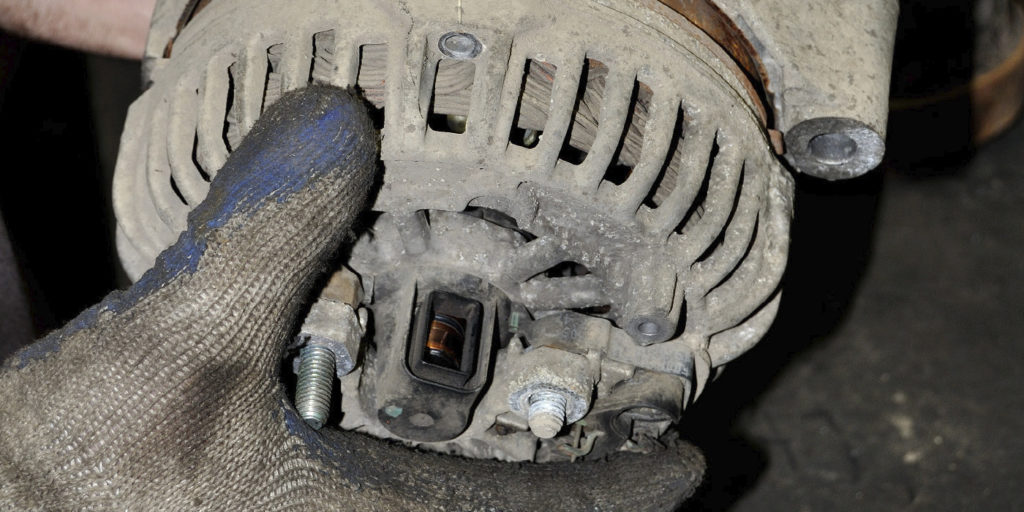MAHLE Clevite says it introduced 62 new part numbers in November for various types of bearings, cylinder components, filters, gaskets, piston rings and turbochargers. The part numbers are available for a range of light-vehicle and heavy-duty applications.
New part numbers are available for the following products:
Engine camshaft bearing sets; engine pistons; air filters; cabin air filters; engine oil filters; air injection pipe seals; engine conversion gasket sets, crankshaft seals, cylinder head bolt sets and head gasket sets; engine intake manifold gasket sets; engine oil filter adapter gaskets; engine timing cover gasket sets; engine valve cover gasket sets; engine valve stem seal sets; water pump gaskets and manifold gasket sets; fuel injection plenum gaskets and throttle body mounting gaskets; piston ring sets; turbochargers and turbocharger service kits.
“In November, we introduced 62 new part numbers for various light vehicle and heavy duty applications,” said David Garmenn, product development manager, MAHLE Clevite Inc. “The addition of these new part numbers shows our continued commitment to meeting the needs of our customers with a well-rounded product offering.”
For a complete listing of new part numbers, visit www.mahleclevite.com or contact your MAHLE Clevite Account Manager.
Alternator Testing For No Charge Conditions
Many alternator problems turn out to be nothing more than a bad connection at the alternator or a bad wiring harness.
If only battery voltage is present at the battery on a running engine, does this mean the alternator is “bad?” No, it does not. It only means that the alternator is not charging, but does not reveal why. Therefore, it does not point to a faulty alternator. All too often, the alternator is condemned by technicians due to this test alone. The cause could instead be a module that distributes the power to the vehicle and regulates the alternator.
Understanding Coolants
All-season coolant used inorganic acid technology and worked great for almost 30 years.
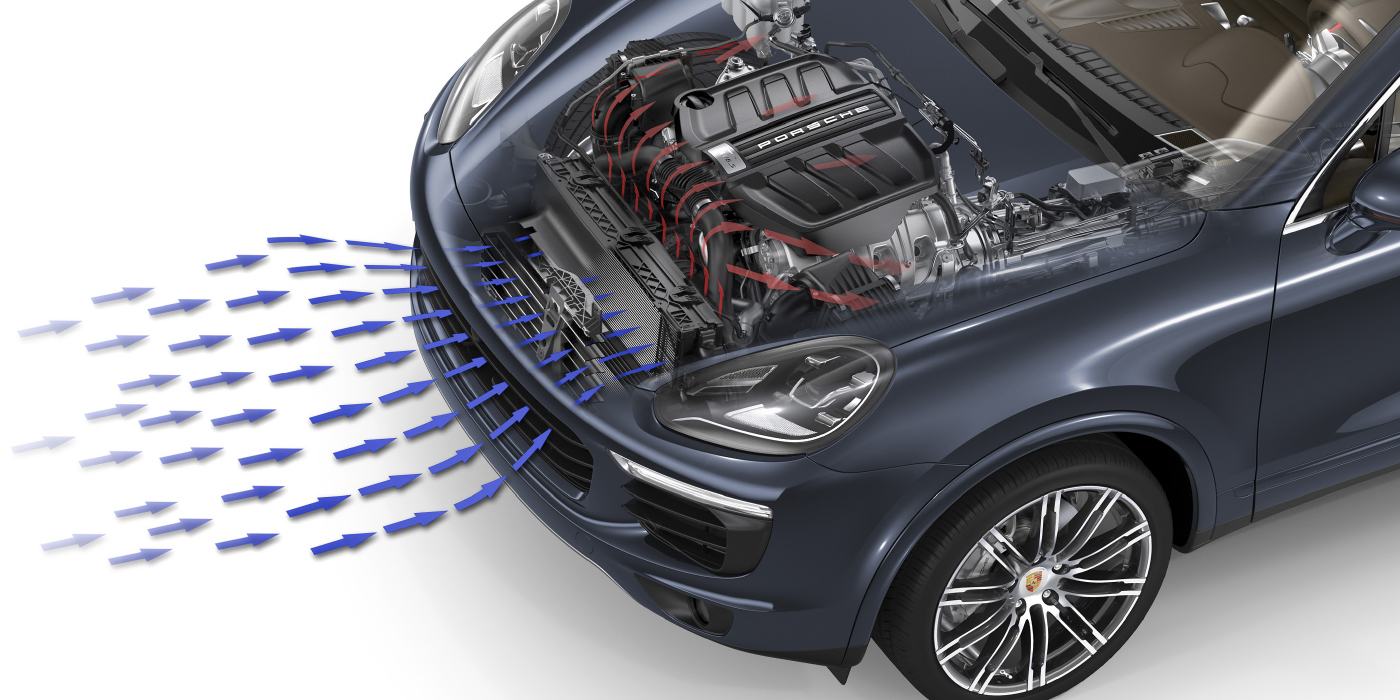
Ignition System Do’s and Don’ts
Why do ignition systems give technicians problems when diagnosing ignition-related misfires? The answer is that some technicians use tests that might give inconclusive results or do damage to the coil or drivers inside a module.
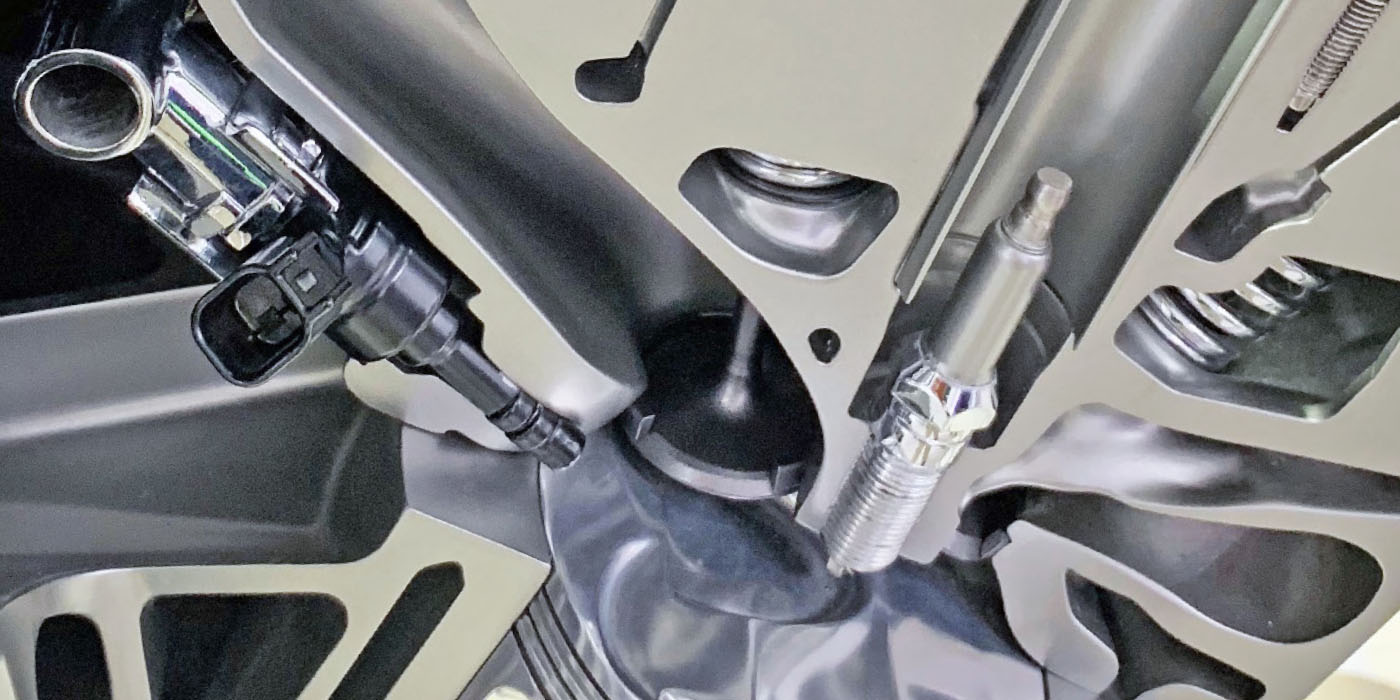
Tools To Service Serpentine Belts
Servicing the serpentine belt on some vehicles is a tough task.

Battery Charging and Diagnostics
Here are six tips to use when diagnosing a vehicle with a dead battery.
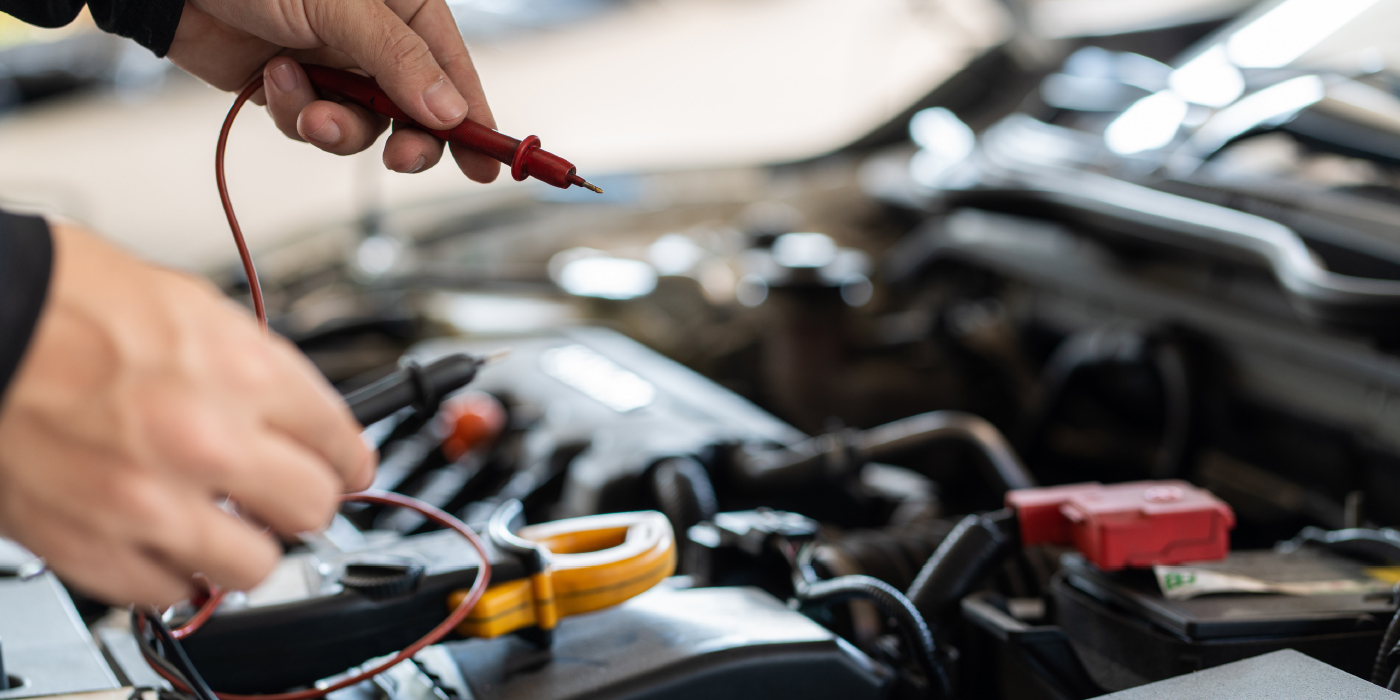
Other Posts
Why Do Timing Chains Stretch?
As the timing chain wears, it can change the timing of the camshaft and crankshaft.
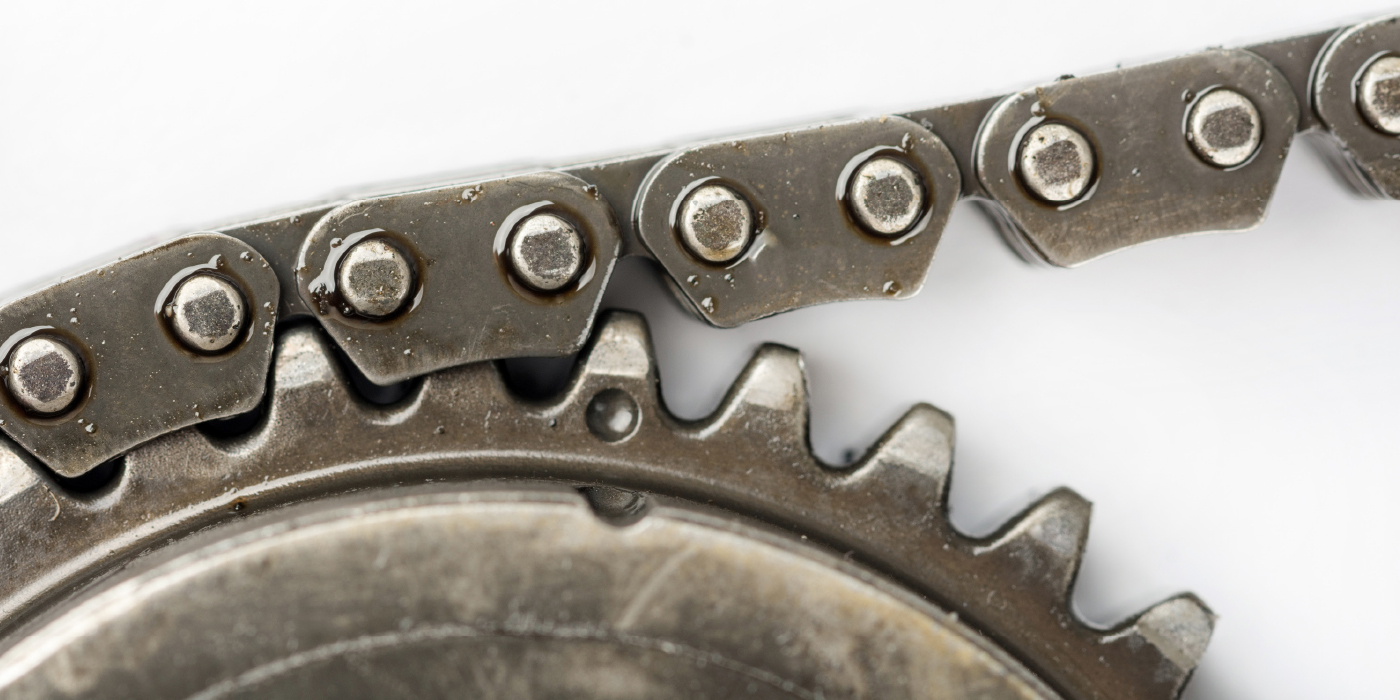
Carbon Deposits and Direct Injection Engines
The primary cause of these problems is that fuel and added detergents are not hitting the back of the intake valves.
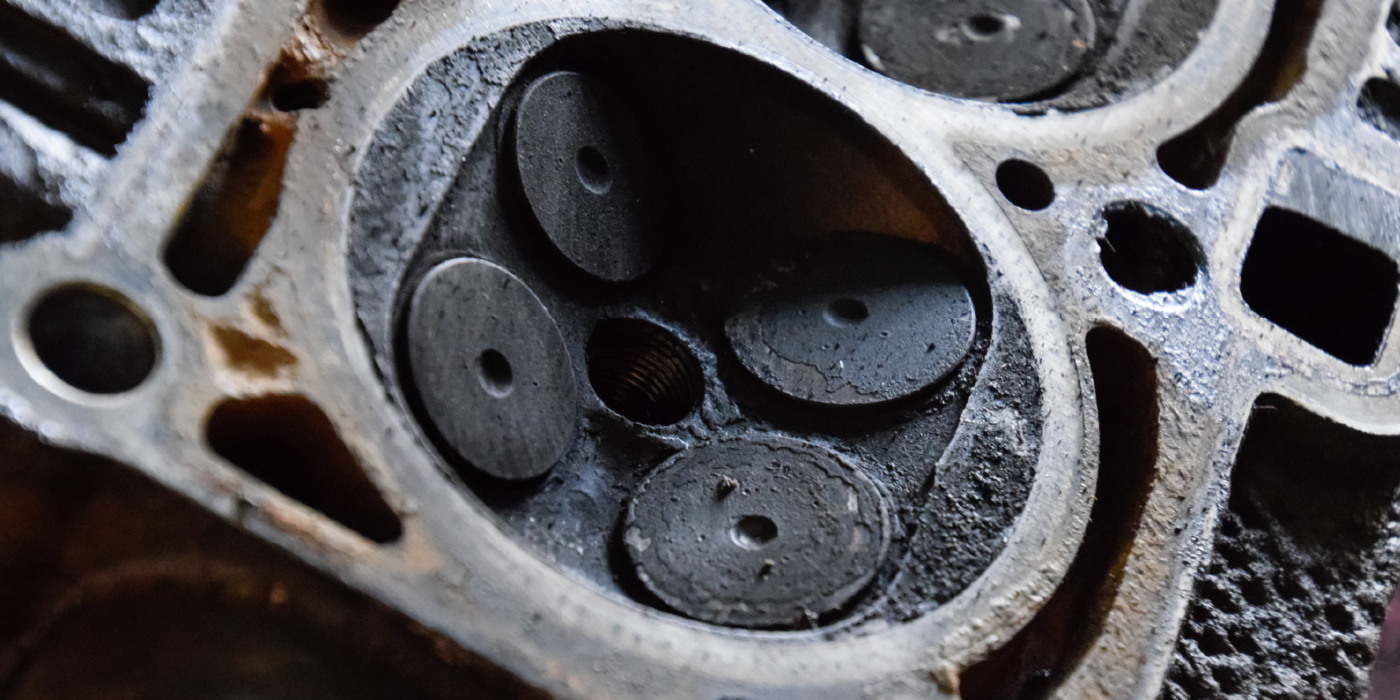
Acura Turbo Engine Service
It is important to check the operation of the solenoids that control vacuum to the actuators.
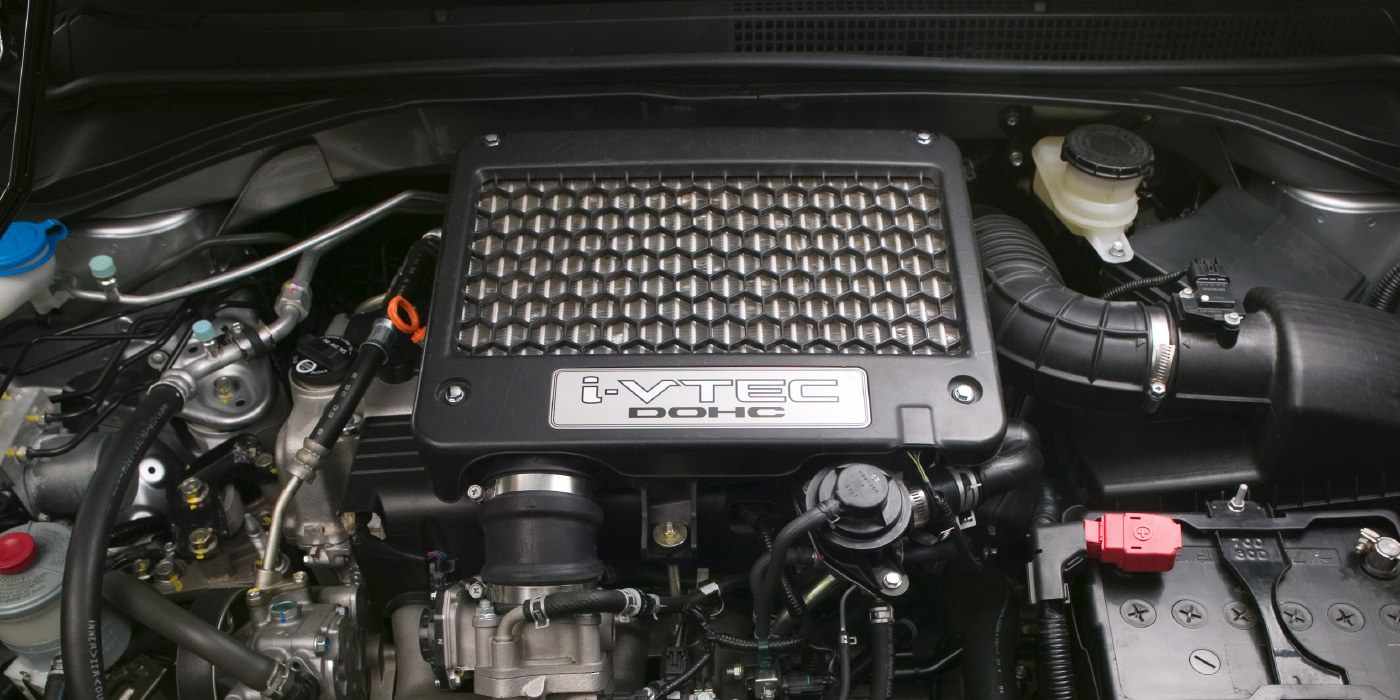
Subaru EJ25 Head Gasket Problems
Most of the EJ head gasket failures occur around the 100,000-mile mark and start as a slow oil or coolant leak.
